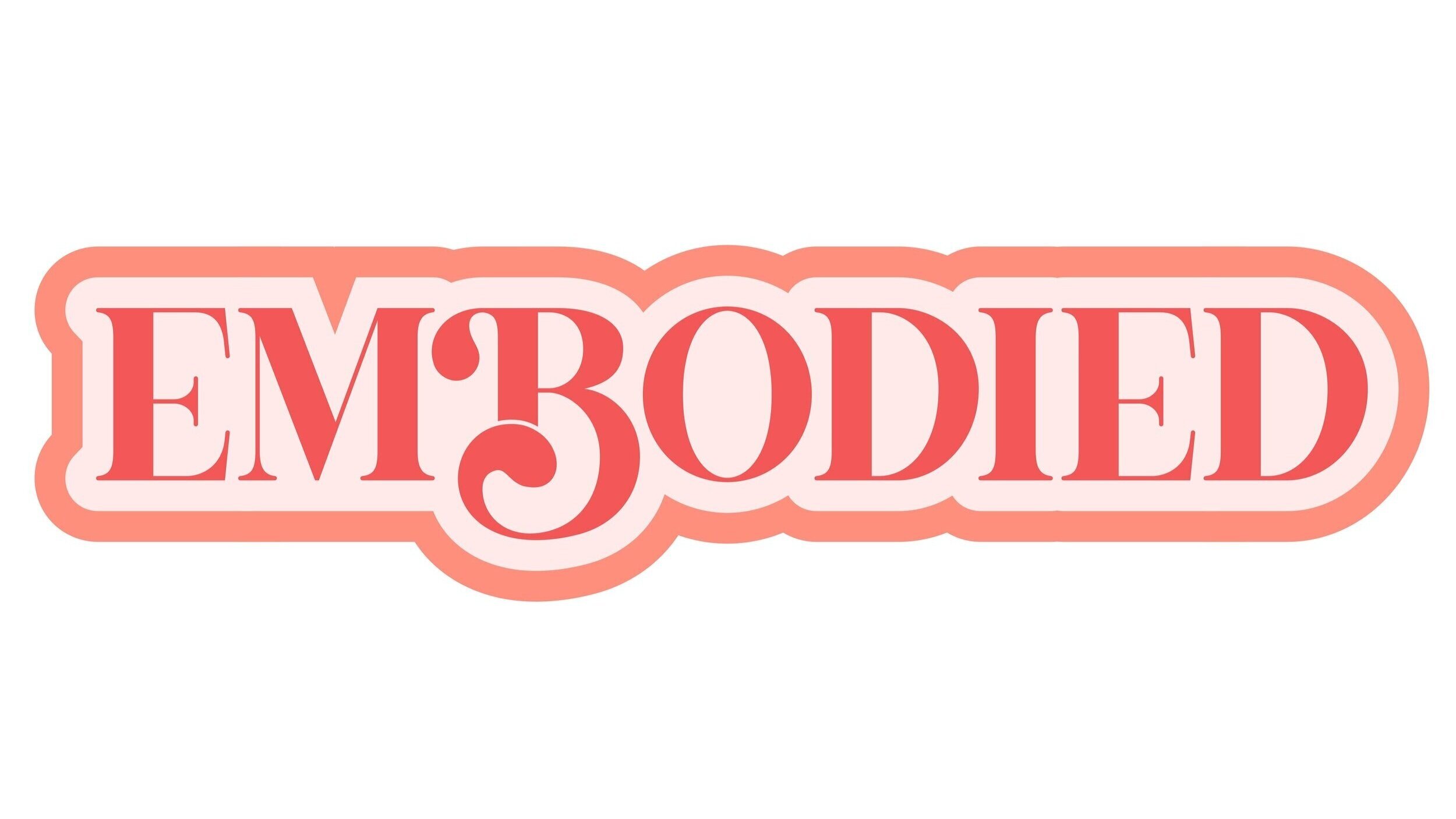For Colored Girls
By Simi Iluyomade
Photo by Andrew Boyle
I became fully aware of my blackness in second grade. I had just started at a new school, a private school in Howard County, Maryland. I was one of six black kids in my entire grade. It was not the first time I’d been the minority at school. Looking back, the Montessori school I attended previously was incredibly white. I made friends quickly, as many young children seem to do with ease, but I never quite felt like I fit in. This new realization was discomforting. I felt out of place, despite the fact that I had earned my place at the school along with the rest of my peers.
On top of the fact that I was often the only black person in the room, my name did not help me out at all. I don’t have a simple, Anglophone surname that everyone can pronounce, and my Nigerian heritage was put on full display to be madefor kids to make me the butt of jokes. For years I endured countless comments about Africa. A classic from my peers was to click their tongues at me and ask if I understood what they were saying. In fifth grade the “jokes” intensified, and oddly enough, that’s when I became self-conscious of my appearance. I had become desensitized to questions about whether my family in Nigeria lived in huts or wore shoes, but when I started the school year with fresh box braids, I was not prepared for the attention I would receive. People started saying that the extensions used to braid my hair came from a horse’s tail. I tried to convince them otherwise, but of course no one listened to me. I was just a quiet African girl with horse hair dangling from her scalp. I looked up how to get a nose job after one particularly obnoxious classmate made fun of the shape of my nose. I had never noticed how my nose differed to those of my white classmates until then, and from that point on, my nose became one of my many insecurities throughout adolescence.
Middle school was arguably the worst experience of my life. My insecurities piled up one after the other, as I watched my white peers slip their not-yet-developed bodies into shorts and dresses in sixth grade with ease, and flipping their long, silky locks over their shoulders. I hated the fact that my body had developed so quickly, that I was gaining weight. For three years, I walked around with my hair exposed to all the elements because I would much rather have damaged hair than braids. I harbored an immense amount of self-hatred. Being the type to bottle up my emotions, I never confided in anyone about my heightened self-consciousness. Instead, I tried my hardest to look like, speak like, and act like the girls I saw on Disney and Nickelodeon. There were barely any black actresses with main roles on the popular shows and channels during the most formative years of my self-esteem and self-image. Instead, I was bombarded by beauty standards I could never match up to and beauty tutorials in Seventeen that I could never follow.
Towards the end of eighth grade, things started to look up. I had more black friends, albeit outside of my school, but friends nonetheless. I had been exposed to black beauty in countless ways, mostly through social media and black beauty and style influencers. I was told I was beautiful, even though I did not believe it. High school became my time to rebuild my self-esteem and embrace my own unique beauty. It wasn’t easy. Learning to love yourself is never easy, but at the age of fifteen, it seemed nearly impossible. I tried everything, from showering myself with loving affirmations in the morning to embracing my blackness through the way I styled my hair. It didn’t work the way I had wanted it to. I still hated the way I looked, wishing my nose looked like this, or my eyes were shaped like that. I still compared myself to everyone. The only difference was that I was comparing myself to black people, not white, which was in itself a twisted improvement from middle school. It took years of erasing my acceptance of European beauty standards as the norm, rebuilding my self-esteem, and finally accepting my own unique and individual features so I could receive compliments on my appearance and truly believe them. I think about the world my kids will grow up in, where there are dolls that come in every shade and body type, where there are more than enough black role models for them to look up to.
I’m still on a self-love journey, and I admire all the black girls and women that are learning to love themselves, too. For generations, black women have been made to feel uglier, less than. Even today, when aspects of natural black beauty are popular, those features are still looked at as more favorable when injected into a white girl like Kylie Jenner or virtually any non-black beauty guru on Instagram.
This is for all the women that are darker than me, that were told they aren’t beautiful because their skin is not light enough. This is for all the women that get chased around by aunties with bleaching creams who claim it will make them prettier. This is for all the women who can’t wear protective hairstyles in school or the workplace because it is deemed “unprofessional.” The journey to self-love can be long and gruesome, but as Whitney Houston once said, “learning to love yourself is the greatest love of all,” and it is most definitely worth it.

